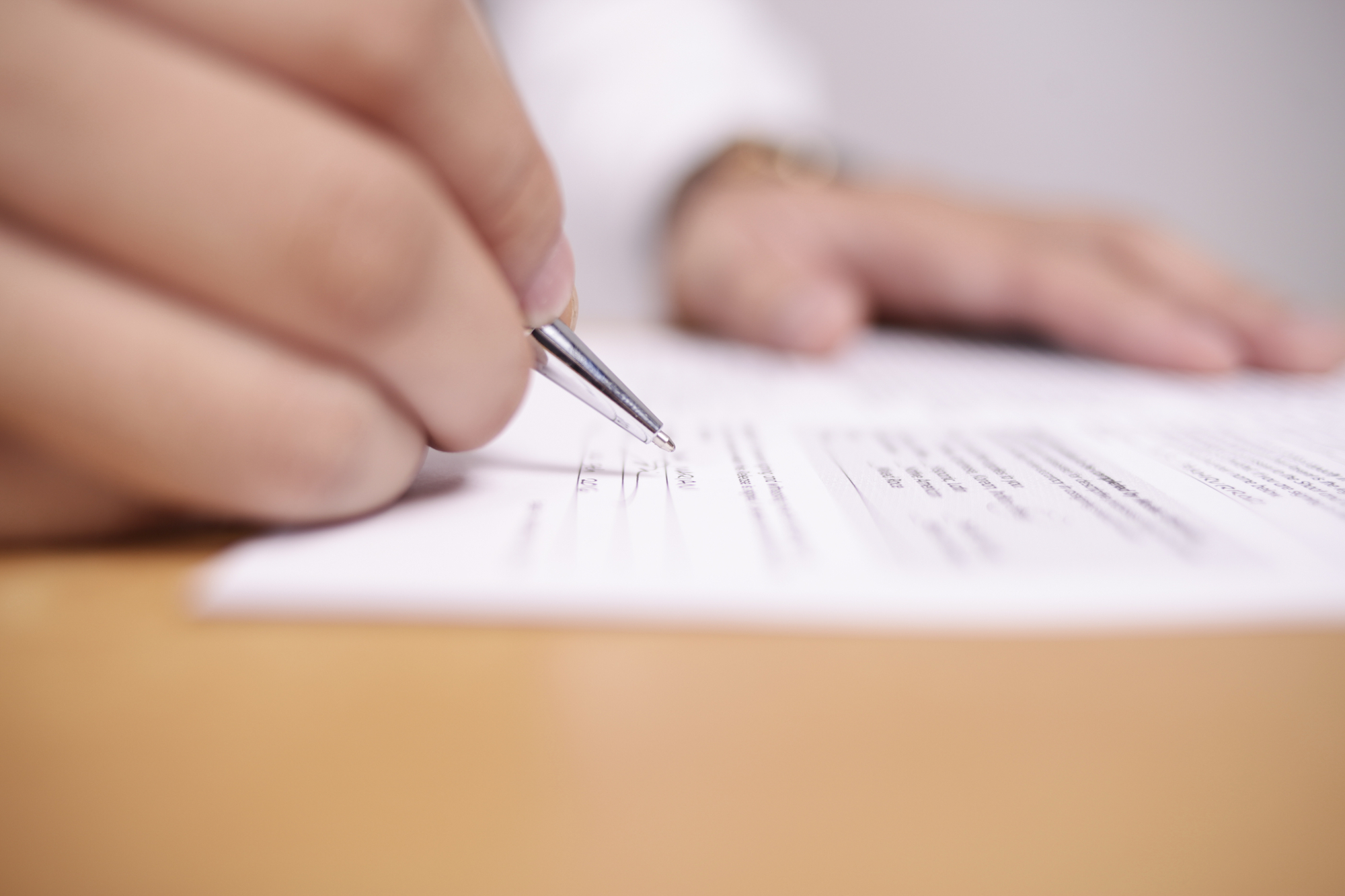…the restrictions under the Public Health Order posed significant obstacles to the signing, witnessing and attestation of documents such as Wills, Powers of Attorney, Appointments of Enduring Guardians, Affidavits and Statutory Declarations, all of which are fundamental to our legal framework.”
It is trite to say that the restrictions on movement and gatherings under the Public Health Order which came into effect on 31 March 2020 have had a profound effect on the economy and social interaction in New South Wales as our legal system relies on personal contact in many respects.
The NSW Government was quick to enact legislation bringing in temporary changes to various acts of parliament to relax the requirements for personal contact.
The COVID-19 Legislation Amendment (Emergency Measures) Act 2020 assented to on 25 March 2020 and, among other things, makes changes to the organisation of Court and Tribunal business for between 6 and 12 months: relaxing strict time frames, reducing the number of decision makers required in guardianship and financial management matters, providing for trials without juries, and making arrangements for pre-recorded electronic evidence in certain proceedings such as apprehended violence and sexual assault proceedings.
Obviously, the restrictions under the Public Health Order posed significant obstacles to the signing, witnessing and attestation of documents such as Wills, Powers of Attorney, Appointments of Enduring Guardians, Affidavits and Statutory Declarations, all of which are fundamental to our legal framework. The execution of Wills was particularly problematic as the Succession Act 2006 requires that the signature of the Will Maker must be formally witnessed by two adult witnesses in the presence of each other, and each of whom are neither beneficiaries under the Will or executors. This no doubt rules out family members in most instances. Using two witnesses who were not members of the Will Maker’s household was also likely a breach of the restrictions on gatherings.
To resolve the problem the Government introduced section 17 to the Electronic Transactions Act 2000 giving the executive government the power to make regulations for execution of certain documents by electronic means.
Published on 22 April 2020 the Electronic Transactions Amendment (COVID-19 Witnessing of Documents) Regulation 2020 permits the witnessing and attestation of documents such as a Will, a Power of Attorney or Enduring Power of Attorney, a deed or agreement, an enduring guardianship appointment, an affidavit including an annexure or exhibit, and a statutory declaration by audio visual link (such as Skype, Zoom, WhatsApp, Facetime etc).
The regulation requires that:
- the signing of the document is witnessed in real time,
- the witness confirms that the signature was witnessed by signing the document or a copy of the document as soon as practicable after the signature was witnessed,
- the witness being reasonably satisfied that the document they sign is the same document or a copy of the document signed, and
- the witness endorses the document with a statement specifying the method used to witness the signature and certifying that the document was signed and witnessed in accordance with the regulation.
Sections 17 & 18 of the Act will be repealed on a day 6 months after the commencement of the amendment or a later date not more than 12 months after the commencement as prescribed by the regulations.
We have already witnessed a number of documents under the regulations by adopting a process whereby we ensure that we have identified the person by visualising their face and comparing against photographic identification, viewing each page of the document and comparing with a copy of the document we hold, and viewing the signature as it is impressed on each page. As a formality, we require the document to be scanned and emailed or faxed to us immediately and so that we can sign and endorse the document.
If you would like to find out how this applies to your specific circumstances, you can book an obligation free telephone appointment online.










